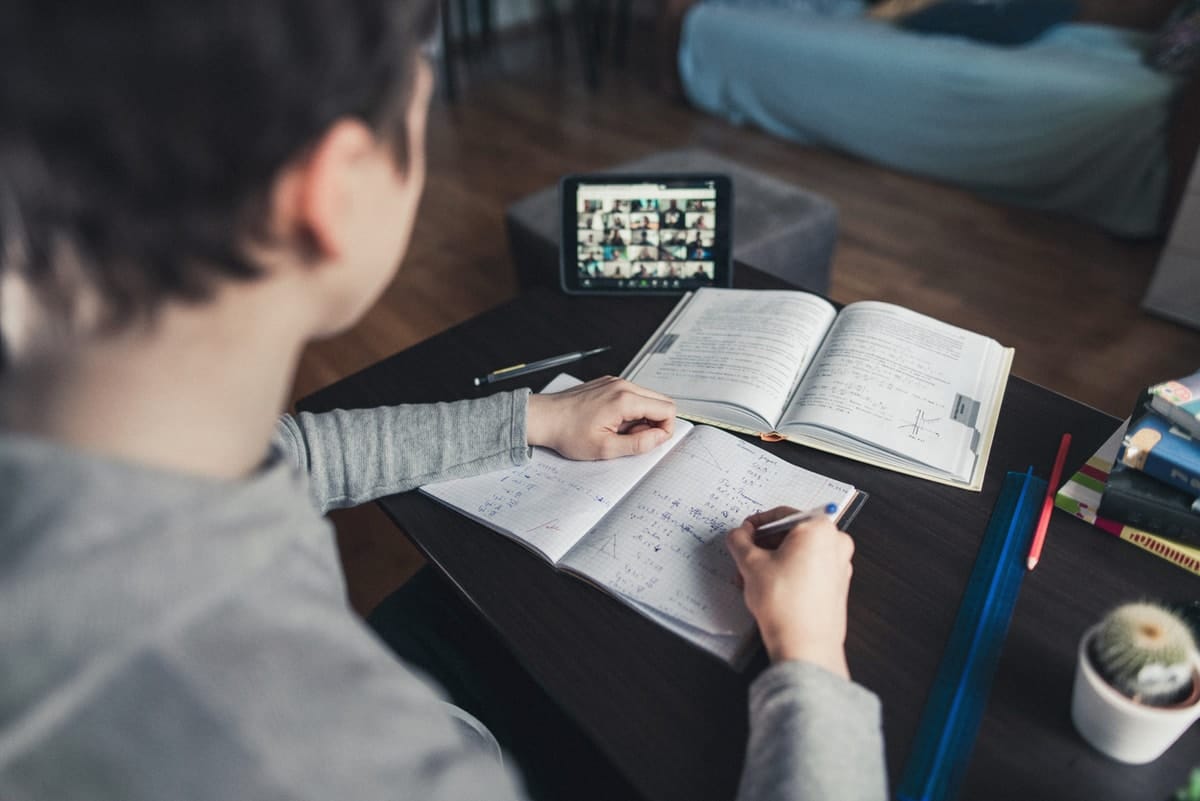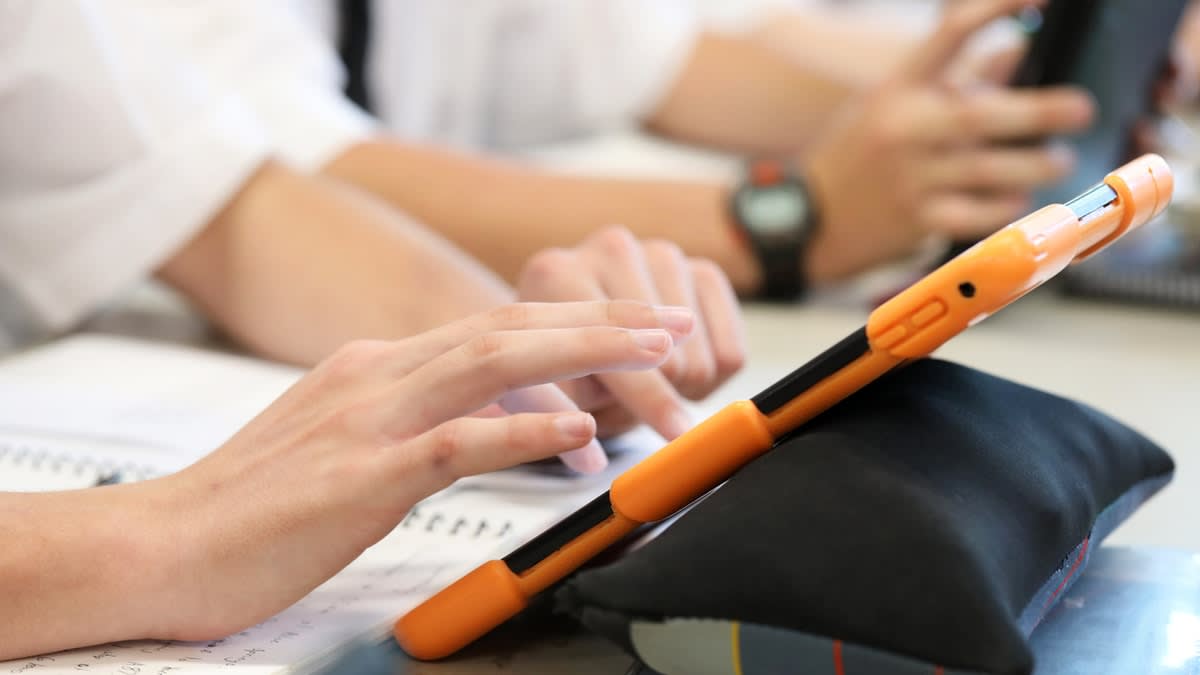
The pandemic transformed schooling in Australia, if not the world. In its wake, what should our response be to this crisis that defined and seemingly broke life as we once knew it?
It’s said that every emergency presents an opportunity. With schools resuming their academic calendars for another year, should we nonchalantly allow our students to take their seats behind their desks? Or should we rethink schooling, especially for those on the cusp of becoming school-leavers?
During state-imposed lockdowns, many senior students were forced to undertake full days of learning, to a school-determined schedule, behind screens – video-calls and online document-sharing became the norm.
As the threat of the virus decreased in Victoria, students obediently resumed classes, albeit masked for safety, attempting to gain what they could from both their teachers and their peers with exams nearing.
What is the new normal?
Should school really resume as normal? Surely we can – or perhaps should – do it differently? Many students flourished during pandemic schooling, enjoying the self-paced, electronic delivery that cut out the bothersome clamour of classrooms and their boisterous peers.
Often, in the calm spaces of their own homes, many thrived, without the sensory overload of background noise and classroom chatter. Others enjoyed the liberty of time, luxuriating in the ability to work on their own, making notes, drawing on resources as they chose, and asking for help unobtrusively.
It may not have worked seamlessly for them all, but if surveyed, many would agree that there were distinct benefits to the virtual school day.
So, before we throw the baby out with the bathwater, let’s redeem what we can from the remote learning experiences of 2020.
Sensory overload
A typical classroom has multiple distractions that often result in an overload on information processing. These can range from noisy classmates, zealous groundsmen with lawnmowers, and the banter of the class next door. Doing school differently, perhaps with incorporated days of remote learning, may reduce some of these distractions, and provide singular focus back to the already anxious Year 12 student.
Contemporary learning
The current generation probably learn more from social media platforms and the internet than they do from their teachers. Learning by engaging with the internet is the order of the day, with many resorting to recorded videos and blog posts to supplement what’s being taught at school.
Since passive video-watching at school is generally considered time poorly spent, a remote day of learning may provide opportunities to watch clips, interact with online information, and process all of this in the way that best suits them.
Biological clocks
Research shows that most teenagers only begin their days about 9am, as their biological clocks operate differently compared to their parents’. This may not be the case for all students, with many still wanting to be the early bird, but teenagers are likely to be more productive later in the day.
Ever wondered why so many senior students yawn their way through their classes before recess? Well, it’s all about their circadian rhythm.

Independence
Being on the cusp of entering the adult world, many Year 12s are likely to benefit from managing their own time. Offering them some time to learn independently without monitoring may act as an appropriate bridging experience, preparing them for life at university, and indeed their worlds outside of school.
Further, taking responsibility of their schedules, of negotiating deadlines and managing their work, instills valuable life skills that will be retained long after the Year 12 graduation.
Peer pressure
As older adolescents, many Year 12 students are still highly influenced by their peers, with this strain resulting in poor decisions and the tension to conform. Working on their own for designated days may alleviate this all-too-real pressure, allowing them clarity to come to decisions on their own.
Solitary learning is more likely to give them control over their study programs, as they’ll potentially understand more about their individual learning preferences.
Self-paced learning
Many senior students found time to be both the enemy and the saviour during remote learning. If one had to consider the strengths of the experience, it soon became evident that time was elastic, used to accommodate self-paced learning, but at other times it seemed to be taxing to live up to tight deadlines.
Affording senior students the liberty of time offers them opportunities to consolidate information during their private study periods. These private study periods occur frequently depending on the number of Unit 3/4 subjects taken on in VCE, and could be used productively to foster self-paced learning.
It's time for a new approach
So, if we want to salvage something from the year that was 2020, let’s think about doing Year 12 differently.
We have options such as incorporating a day or two of remote learning into the academic week, or allowing a later start of the school day for senior students, or creating quiet spaces away from the hustle and bustle of the school day.
Let’s seize the opportunity created by COVID-19 to rethink Year 12. Really, we should do the final year of school differently.
This article was co-authored by Ryan Subban, Head of Commerce at Casey Grammar School.





